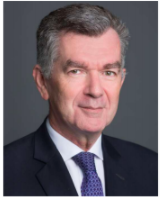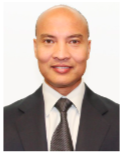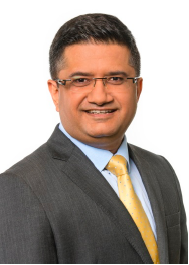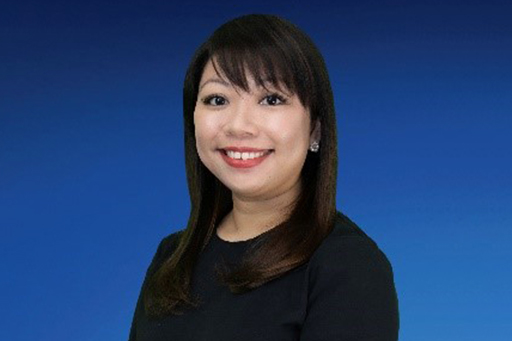PROGRAMME
EU-Singapore Dialogue:
Accelerating Climate Action Post-Covid-19: Shared Concerns and Opportunities
Conference
Date: Thursday | 5th November 2020
1030-1050
Registration
1100-1110
H.E. Barbara Plinkert, Ambassador of the European Union to Singapore
Associate Professor Simon Tay, Chairman, Singapore Institute of International Affairs
1110-1125
Mr. Desmond Tan, Minister of State, Ministry of Sustainability and Environment, Singapore
1125-1140
Mr. Mauro Petriccione, Director General, European Commission’s Directorate-General for Climate Action
1140-1255
Although the disruption caused by COVID-19 has temporarily reduced the daily global greenhouse gas emissions, with the easing of lockdowns we see their resurgence to pre-crisis level. Some economic stimulus dispersed during the pandemic has been used to lay the groundwork for a more sustainable
future, but proportionately more resources have been channelled towards meeting immediate needs of severely hit economic sectors. This panel will examine the challenges faced by countries around the world in meeting environmental goals amidst a global health crisis, what it means to achieve
green recovery and the steps necessary towards this goal, as well as the implications for the Paris Agreement and international climate action.
Key questions:
- How has the pandemic impacted national priorities and the global climate agenda?
- What has been done during the pandemic to support transition to a low emission economy? Are there areas where Europe and Singapore can cooperate?
- With the annual UN Climate Change Conference delayed until 2021, how will this affect progress on climate action?
Panellists
Dr. Carlos M. Duarte, Professor, Marine Science, King Abdullah University of Science and Technology
Moderator
Associate Professor Simon Tay, Chairman, Singapore Institute of International Affairs
1255-1415
Lunch
1415-1530
As the world searches for cost-effective answers to climate challenges that can also boost growth post-COVID-19, nature-based approaches provide a promising avenue to protect ecosystems while providing economic benefits. Both Singapore and European Union countries are exploring nature-based solutions to strengthen coastal defences against sea level rise. Forest and seascape projects are also increasingly being recognised as important sources of carbon sequestration, generating carbon credits for the voluntary offset market. This session will discuss the current challenges and opportunities surrounding the uptake of nature-based solutions, and explore lessons learnt from projects in Europe and Southeast Asia.
Key questions:
- Many are still uncertain about the value of natural capital. What are the business cases for nature-based solutions in Europe and Southeast Asia?
- What policies and regulatory frameworks are needed to advance the development, uptake, and scaling of nature-based solutions?
- What financing mechanisms are necessary to promote private investment in nature-based solutions?
Panellists
Dr. Myron Peck, Head, Department of Coastal Systems, Royal Netherlands Institute for Sea Research (NIOZ)
Dr. Jean-Marc Roda, Senior Scientist, French Agricultural Research Centre for International Development (CIRAD), and Research Fellow, Forest Research Institute, Universiti Putra Malaysia
Mr. Eugene Seah, Senior Director (Special Projects), GCEO’s Office, Surbana Jurong and Managing Director, Surbana Technologies
Moderator
1530-1645
The European Union has pioneered the development of frameworks for capital markets and investors to engage with opportunities that contribute to environmental objectives, for instance introducing an EU Taxonomy that lists economic activities that contribute to climate change mitigation. Singapore’s
financial sector is likewise working to play a useful role in regional and global sustainability, developing areas such as the green bond market in Singapore. With the COVID-19 pandemic straining government budgets around the world, mobilising capital and encouraging the private sector to incorporate environmental, social, and governance (ESG) criteria into their decision-making processes will be increasingly important.
Key questions:
- What are the emerging best practices in sustainable financing, and how can Singapore play a role in these developments as a financial hub?
- What can policymakers and regulators do to further encourage green finance and green procurement?
- What are the most promising climate-friendly opportunities for investors and businesses to explore?
Panellist
Mr. Stefan Ullrich, Director, The Warren
Mr. Joris Dierckx, Regional Head of Southeast Asia, BNP Paribas
Moderator
Dr. David Broadstock, Senior Research Fellow, Energy Studies Institute (ESI), National University of Singapore (NUS)
1645-1700
Associate Professor Simon Tay, Chairman, Singapore Institute of International Affairs
H.E. Barbara Plinkert, Ambassador of the European Union to Singapore
1700





